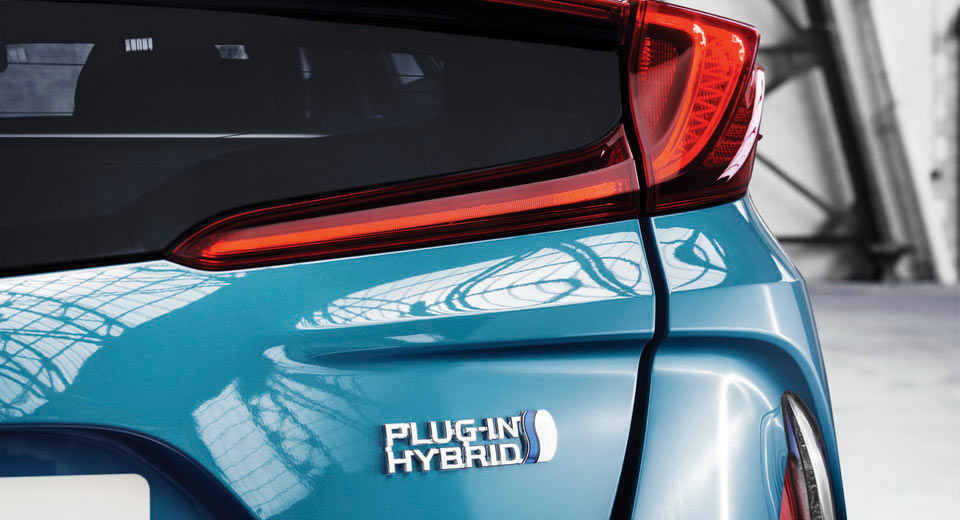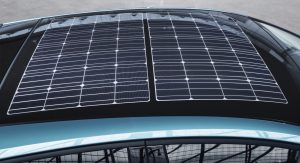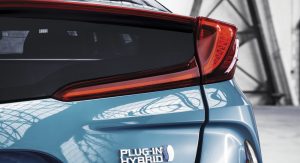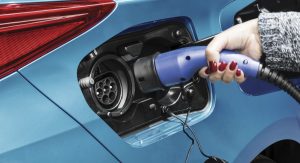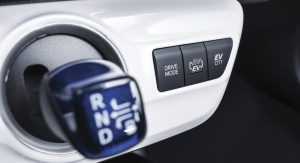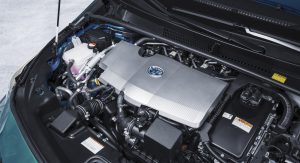Toyota is reportedly planning to open up its powertrain technology to rival companies in the hope of boosting sales and speed up the industry’s shift to cleaner-emissions vehicles.
The company announced last week that they would expand their petrol-electric hybrid technology, and even considering of selling complete powertrain modules to its competition, Reuters reports.
With automakers facing pressure from regulators to further cut emissions and develop longer-range electric vehicles, the prospect of Toyota selling ‘one-size-fits-all’ powertrains certainly sounds easier and cheaper for many brands.
Car companies are standardizing more and more mechanical parts, focusing instead on things like the design, onboard tech and packaging of their models. For Toyota to make its powertrain technology available to others is a huge step, as the company is known having a tightly-knit network of suppliers keeping much of their jointly developed technology exclusive to the brand.
“Toyota suppliers produce a lot of technology which can only be used by Toyota,” Toshiyuki Mizushima, president of Toyota’s powertrain company, told reporters. “We want to change that to a system where we develop technology with our suppliers at an earlier stage, so they can make that technology available to non-Toyota customers.”
Mizushima also noted that past versions of Toyota’s hybrid system didn’t fit other companies’ cars, limiting this way their suppliers’ options to sell the technology outside of Toyota.
“Until now, we couldn’t sell the same inverter used in Toyota’s previous hybrid system to other customers because it wouldn’t fit the motor, or the voltage was different,” said Yoshifumi Kato, executive director of engineering R&D at Denso Corp, Toyota’s biggest supplier. “We can avoid this issue if suppliers can sell the entire system.”
The reason behind this consideration is Toyota’s acknowledgement of the escalating costs of R&D; Toyota spend in R&D last year 73 percent more than it did in 2010 at around $9 billion while VW’s spending in the same area more than doubled over the same time period.
Rival companies should be able to keep their own development costs down they can source parts off-the-shelf from Toyota, according to industry consultants.
“It could be a win-win for Toyota and its rivals because Toyota could develop another sales line, while customers could gain access to components which may be cheaper and of higher quality than the same parts developed in-house,” said Takeshi Miyao, Asia managing director at Carnorama.




